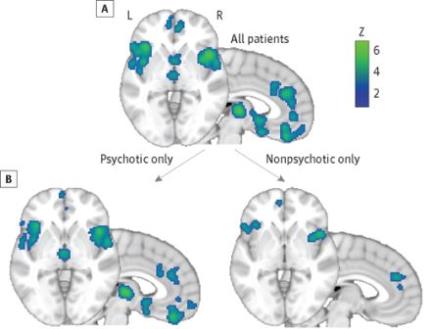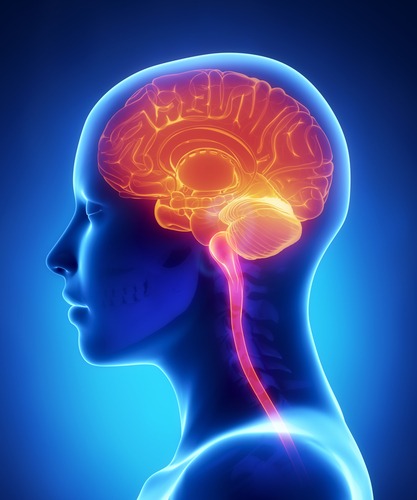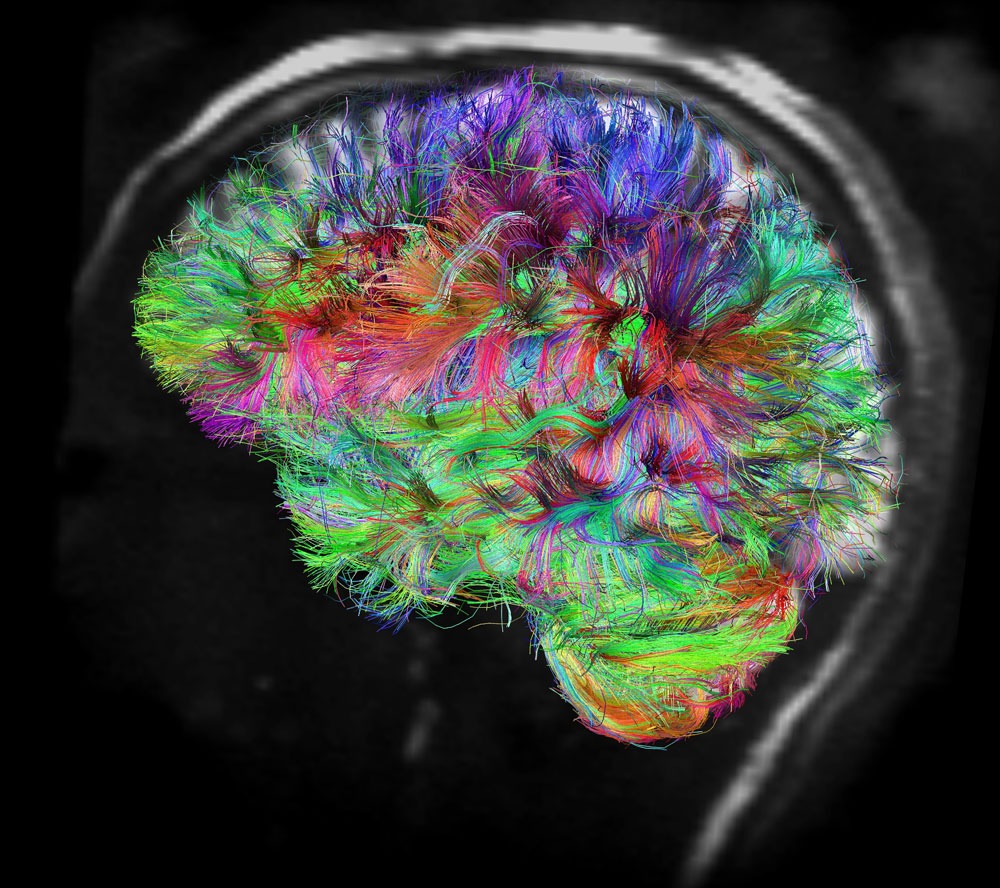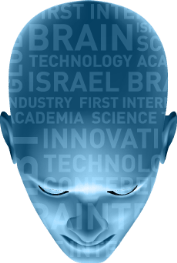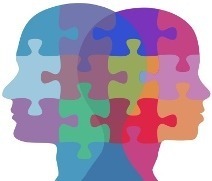Posts Tagged ‘schizophrenia’
Since more than 50% of people worldwide can’t access appropriate mental health treatments, let’s welcome (and test) mobile health apps
Mental Health: There’s an App for That (Nature): “Type ‘depression’ into the Apple App Store and a list of at least a hundred programs will pop up on the screen. There are apps that diagnose depression (Depression Test), track moods (Optimism) and help people to “think more positive”
Read MoreQ: What do people with schizophrenia, bipolar disorder, depression, addiction, obsessive-compulsive disorder, and anxiety have in common? A: A brain with similar gray-matter loss
. Different mental disorders cause same brain-matter loss, study finds (press release): “A meta-analysis of 193 brain-imaging studies shows similar gray-matter loss in the brains of people with diagnoses as different as schizophrenia, depression and addiction…The findings call into question a longstanding tendency to distinguish psychiatric disorders chiefly by their symptoms rather than their underlying…
Read MoreWhy “disorders of the brain” deserve at least equal attention as cardiovascular diseases and cancer
G20 World Brain Mapping and Therapeutics Initiative Partners with EU Human Brain Project (DD&D): “According to the World Health Organization’s large-scale studies, about a third of the adult worldwide population suffer from a mental disorder such as depression, anxiety and schizophrenia. If also taken together with neurological disorders, such as dementia and stroke, these “disorders…
Read MoreStudy: For cognitive training to work, it must induce neuroplasticity in brain regions that matter
Over the last several years, cognitive training has received large amounts of public interest and support because reliably improving cognitive performance would have wide reaching applications in clinical populations, older adults, and the public at large. For example, cognitive training could
Read MoreBrainTech: Six Take-aways on Neuroplasticity and Cognitive training
Israel’s first international BrainTech conference took place this week, on October 14 and 15th. It was organized by Israel Brain Technologies (IBT), a non-profit organization whose mission is to position Israel as a global brain technology and research center. The conference included talks representing multiple stakeholders in the neurotechnology sector worldwide – patients, clinicians, academic…
Read MoreTime to revamp psychiatry and mental health in light of modern neuroscience?
Transforming Diagnosis (article by Thomas Insel, Director of the NIMH): “In a few weeks, the American Psychiatric Association will release its new edition of the Diagnostic and Statistical Manual of Mental Disorders (DSM‑5)…While DSM has been described as a “Bible” for the field, it is, at best, a dictionary, creating
Read More

